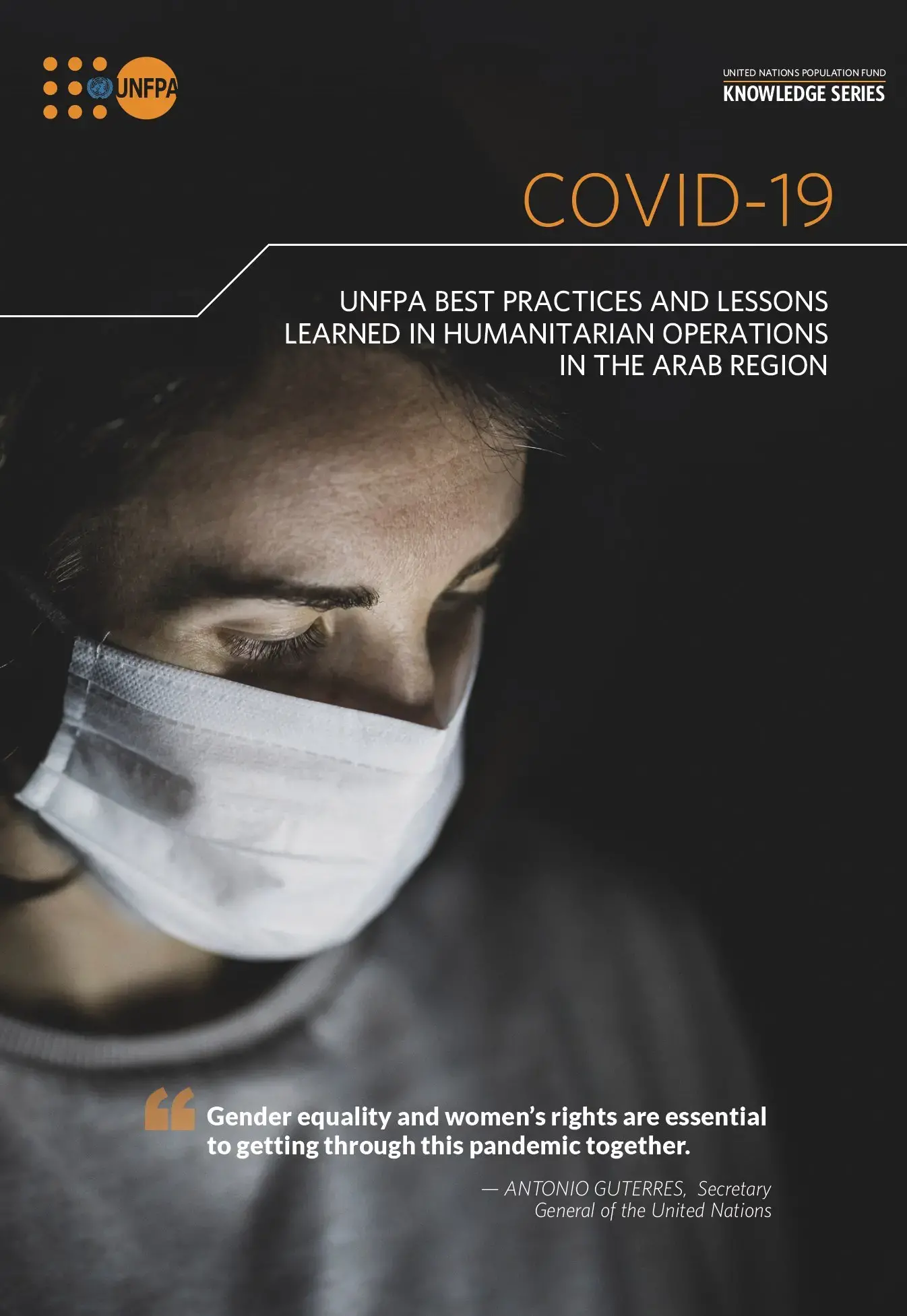The COVID-19 pandemic continues to redefine the realities of nations throughout the world, creating new and unprecedented challenges. The pandemic and its long-term ramifications have revealed many of the structural issues that underlie societies, highlighting systemic inequalities across race, gender, socioeconomic status, and others. In humanitarian contexts, the pandemic has exacerbated the challenges already impacting communities in need, be it through health risks, the economic fallout, or on human rights and social harmony.
This is especially true for women and girls who, as is the case with most humanitarian crises, continue to bear the brunt of the pandemic. In addition to being at higher risk of contracting the virus due to shouldering a larger portion of frontline response and caretaking responsibilities, women and girls continue to face higher risks of gender-based violence, which have been significantly heightened in light of the pandemic and its consequences. The web of violence besetting them has only expanded; movement restrictions have meant that more women and girls will face even greater difficulties accessing basic sexual and reproductive health services, while those suffering violence at home are no longer able to escape their abusers. Meanwhile, the socioeconomic fallouts have heightened the risks of exploitation and negative coping mechanisms like child and forced marriage. Additionally, as governments shift resources away from development and towards pandemic response, investments in challenging social norms that stifle the rights of women and girls will become even less of a priority, and threatens the progress achieved in past years.
Since the onset of the pandemic, UNFPA has been aware of these risks and challenges, and has made significant changes to its programmes to ensure they are being addressed. UNFPA offices throughout the Arab states region have continued to focus on innovations and alternative solutions that guarantee the continuity of services to those in need, maintaining safe access to health facilities that provide sexual and reproductive health services while tailoring programmes to allow for continued support to survivors of gender-based violence. This document captures some of these efforts, outlining the lessons learned and offering a simple blueprint that can be replicated in other contexts.


